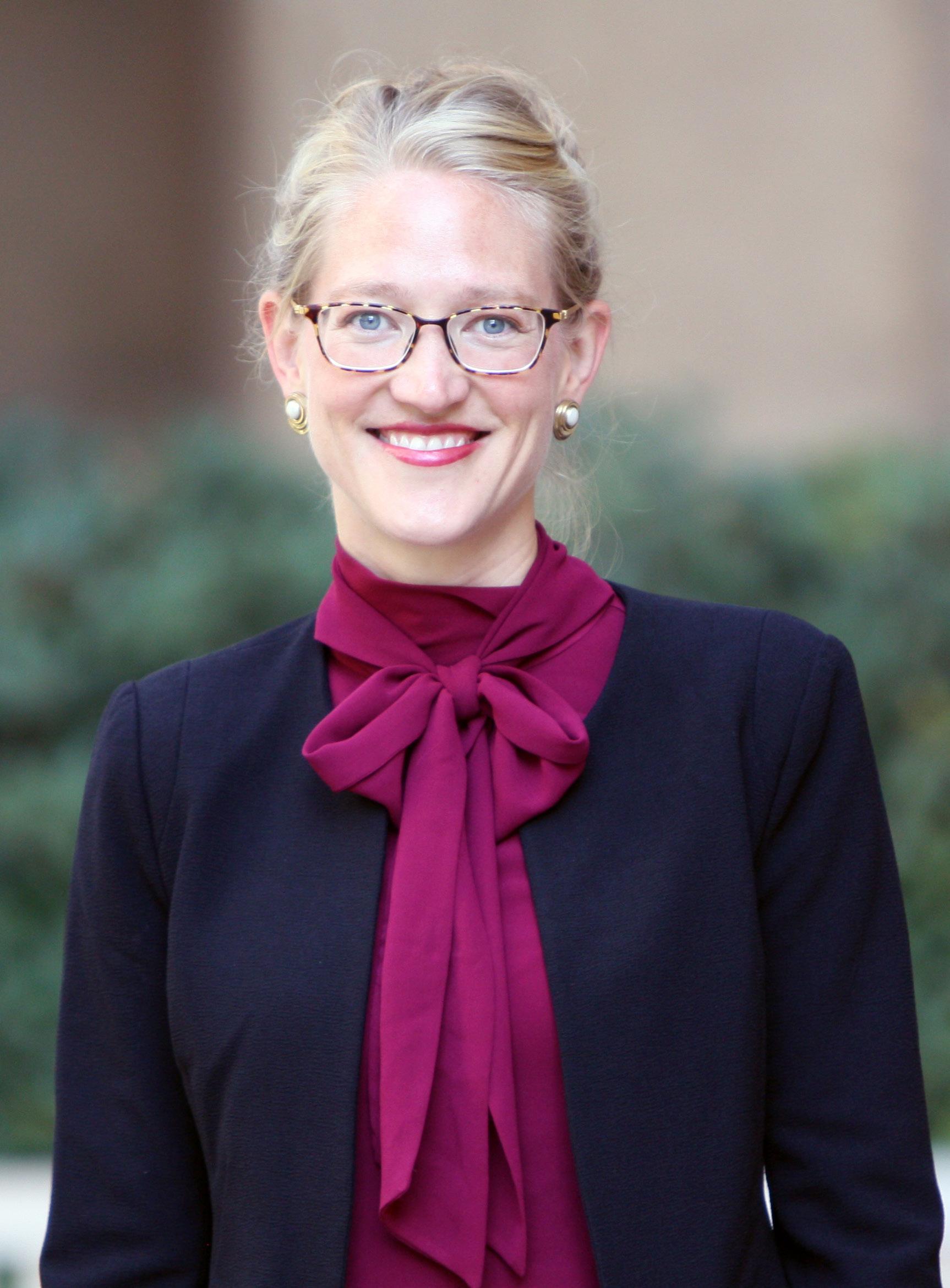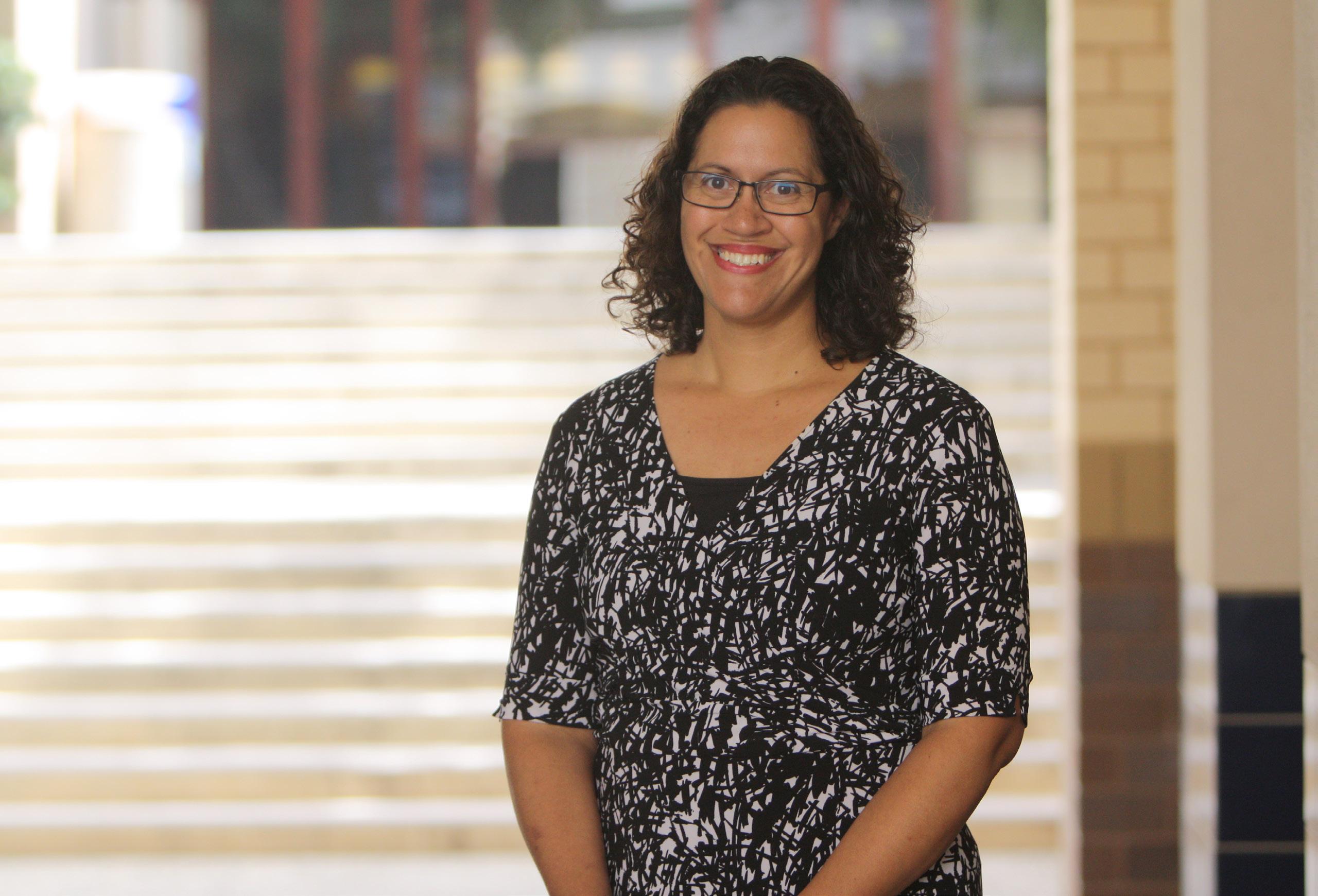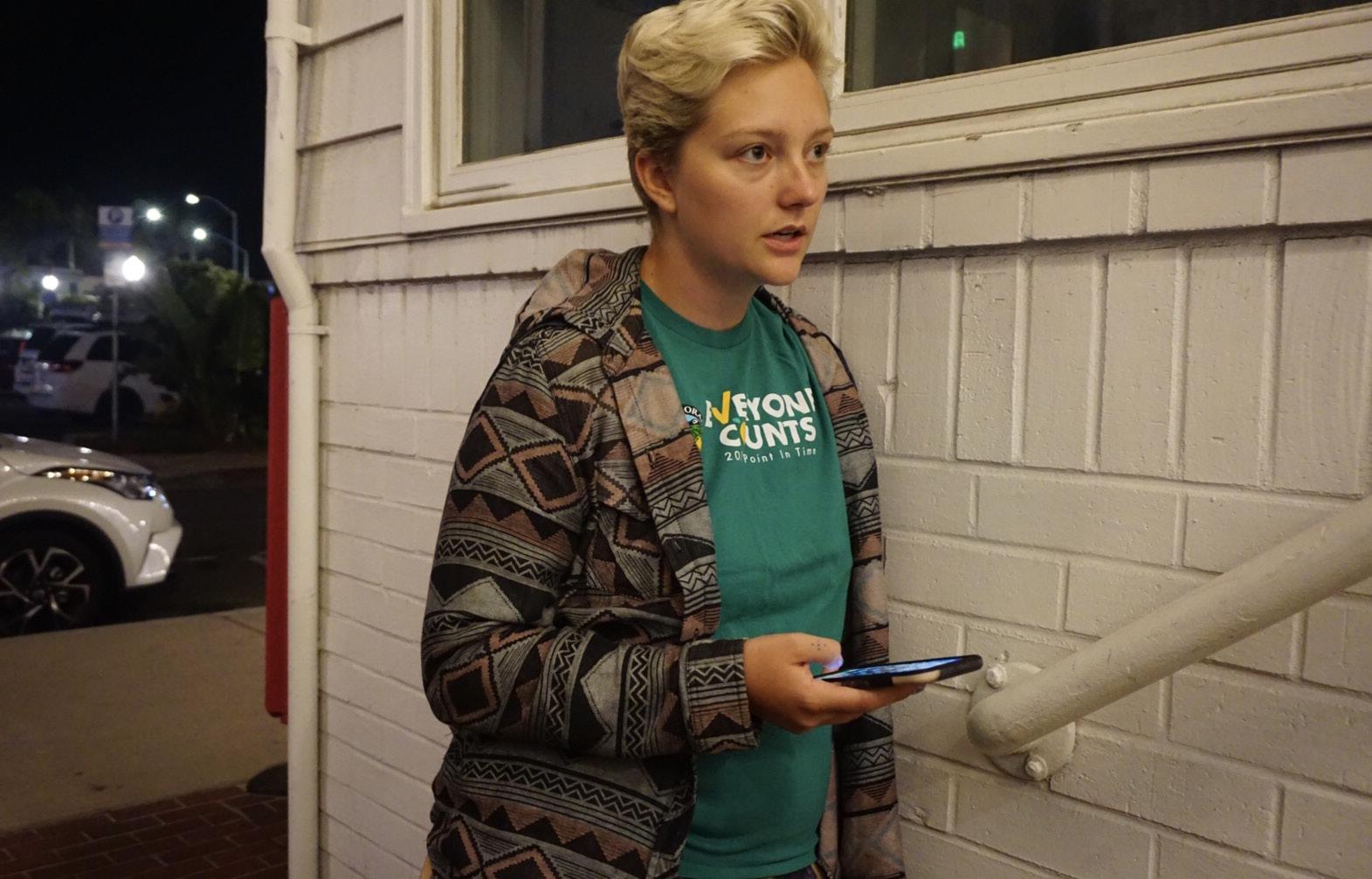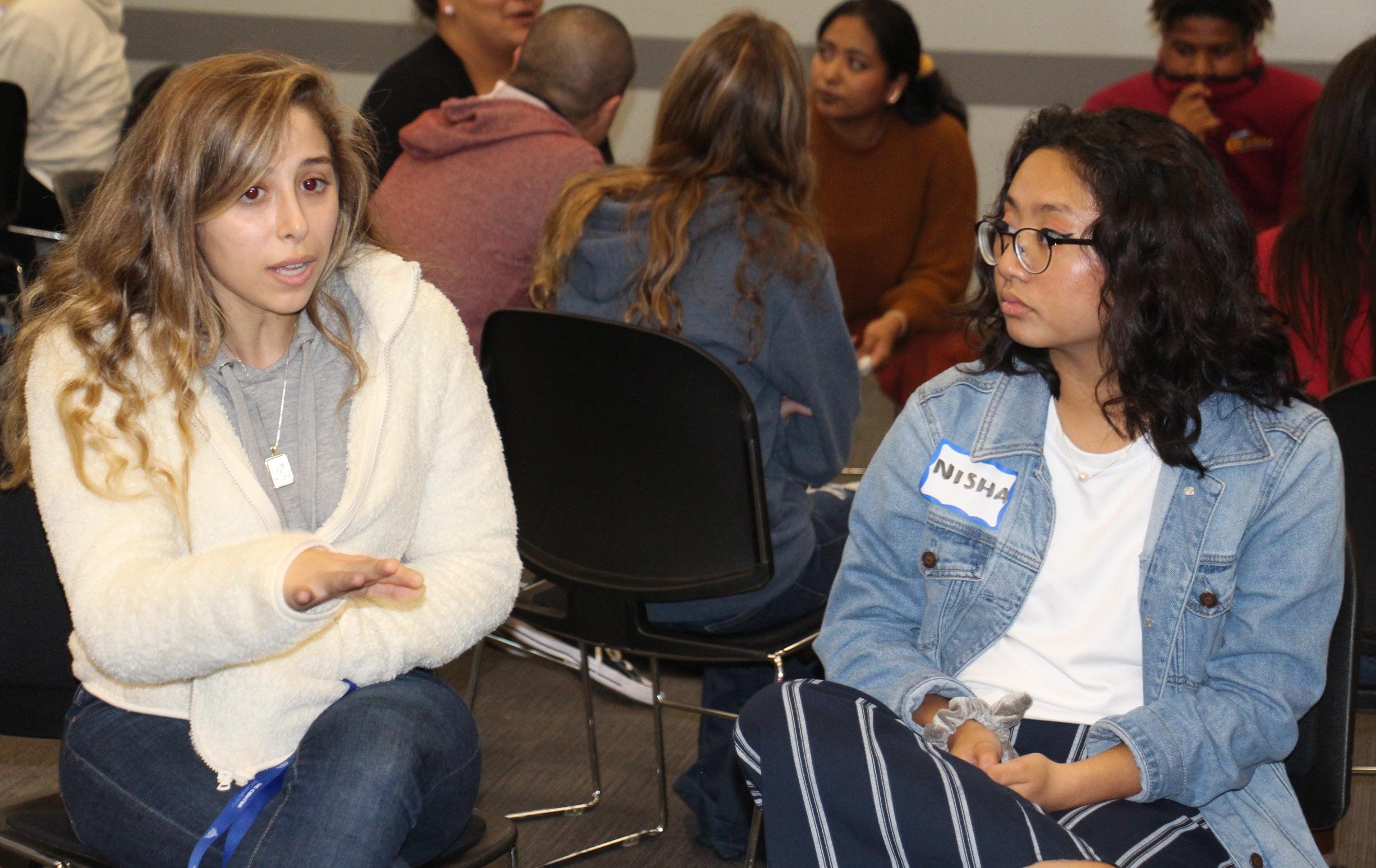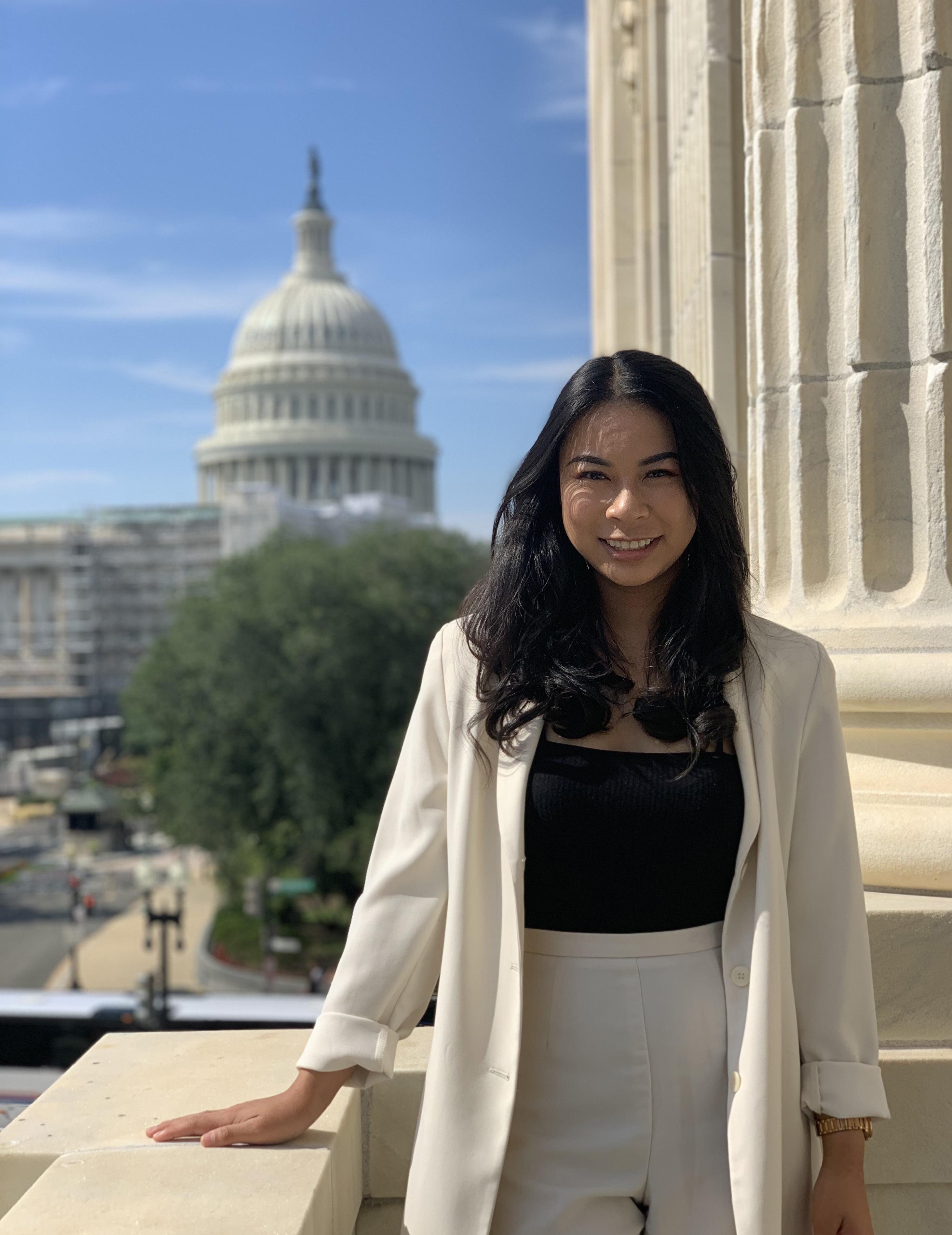40
be bold
Beware: Fake Twitter accounts exploit emergencies to spread
MISINFORMATION Sociology graduate student Richard Gardner researching the phenomenon earns competitive National Science Foundation fellowship
W
hen earthquakes, firestorms or hurricanes strike, people often turn to Twitter for instant updates from government agencies, news outlets, and neighbors. But user beware: networks of automated fake Twitter accounts, or “bots,” exploit exactly these emergency situations to spread propaganda or misinformation, says UCI sociology graduate student Richard Gardner. “There are whole networks of bots coordinating to try to affect the hazard and disaster response topic space,” he explains. “You might see networks of bots trying to push false information or trying to do what’s called hashtag hijacking, where they use the hashtag to spread their own ISIS- or Russian-related message.” As an example, Gardner points to the 2014 earthquake in Napa, California, in which the community used the #NapaQuake hashtag to share information. Quickly, Twitter accounts purporting to support ISIS flooded the hashtag with photos and anti-U.S. slogans. For his graduate research, Gardner is analyzing more than a decade of tweets collected by the HEROIC Project, a National Science Foundation (NSF)-funded program that stands for Hazards, Emergency Response, and Online Informal Communication.
Richard Gardner.
He’s exploring how networks of fake Twitter accounts operate during disasters, and his findings will be relevant to the government agencies that track earthquakes, severe weather, and terrorism, and use social platforms like Twitter to communicate with the public. Ultimately, Gardner’s work could help create new technologies or apps that allow users to easily tell which tweets were created or spread by bot networks which could, in the case of high-risk disaster situations, save lives.
sociology professor Carter Butts, who himself received the fellowship as a graduate student. “I think he’s going to be a star, and I’m excited he’s going to start that career with us here at UC Irvine.” Butts, who serves as Gardner’s graduate advisor, is one of the primary reasons Gardner chose UCI to pursue his doctorate.
Gardner recently earned an NSF Graduate Research Fellowship, which provides funding for outstanding graduate students in NSF-supported science, technology, engineering, and mathematics disciplines so they can spend more time focused on research activities. In 2019, only 24 graduate students in sociology across the U.S. received the honor.
As a McNair Scholar at Penn State, Gardner studied the online Tulpamancy community, a group of adults who use meditation to experience hallucinations of imaginary friends they call Tulpas. The experience, which culminated with him presenting his work at a McNair symposium, piqued his interest in researching online deviance, a world that social network analysis methods can help us better understand. When Gardner dug into the subfield, he discovered Butts was the leading scholar in the field of social network analysis.
“Rick’s eminently deserving of the NSF Graduate Research Fellowship, and it’s an indicator of his potential and the great work he’s going to do in the decades ahead,” says
Gardner now works with Butts in UCI’s Networks, Computation, and Social Dynamics (NCASD) Lab, part of a cross-disciplinary group that includes sociologists, statisticians,





